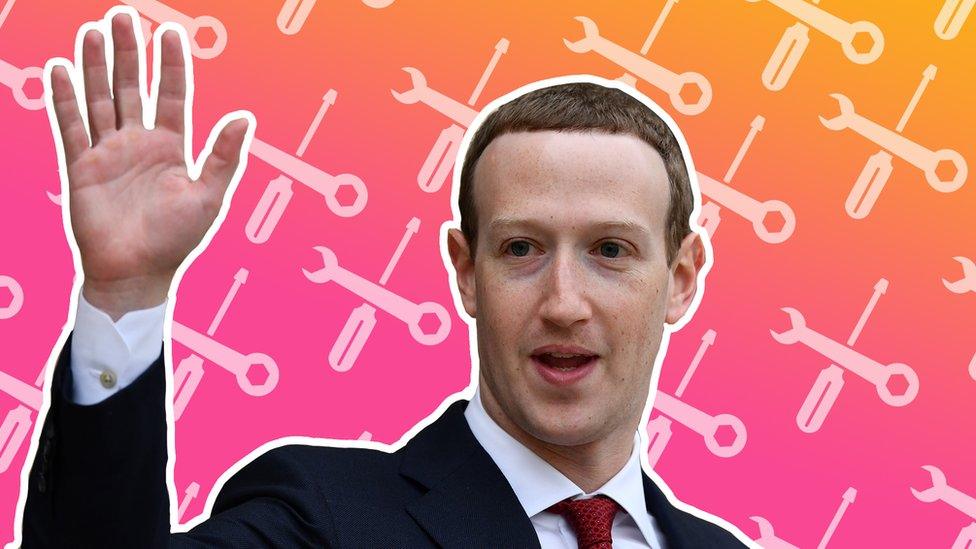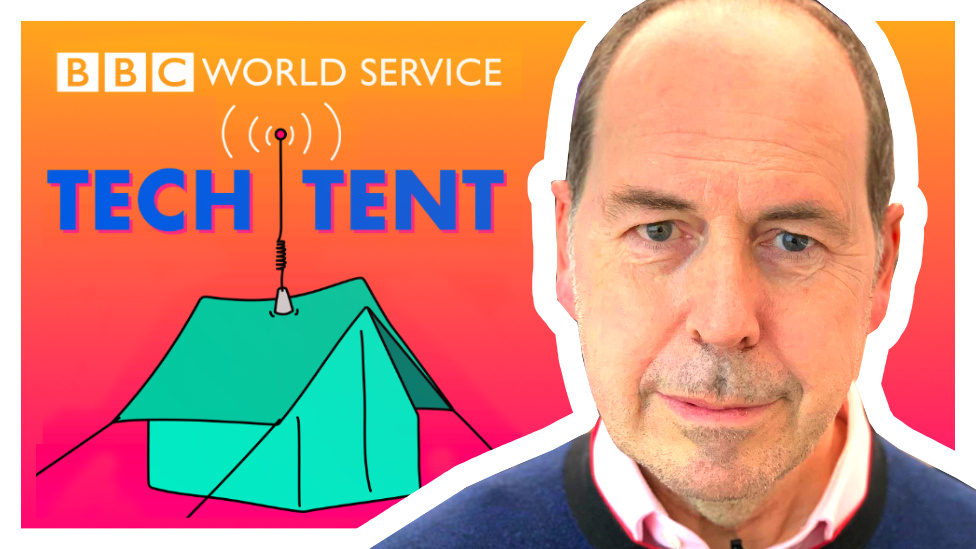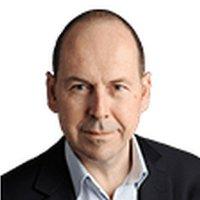Tech Tent: Is Facebook fixable?
- Published

Can Facebook do anything to stem the flow of disinformation which its critics say is a threat to democracy?
If Mark Zuckerberg hoped the spotlight on his company's role in spreading misinformation would move away once the US election was over he must have been sorely disappointed.


This week, as President Trump and his followers have angrily claimed - without evidence - that the election has been stolen from him, complaints about Facebook's role in amplifying that message have grown louder.
Mr Zuckerberg will worry that some of the harshest criticism has come from the camp of President-elect Joe Biden. Former Obama speechwriter Ben Rhodes tweeted: "It will take a generation to undo the damage that Facebook has done to American democracy."
The social media giant has been completely ineffective in dealing with the barrage of misinformation, according to Siva Vaidhyanathan, professor of Media Studies at the University of Virginia and author of Antisocial Media: How Facebook Disconnects Us and Undermines Democracy.
"Facebook was basically caught flat-footed, even though anybody who studies American politics would have known that one of our two political parties would do everything it could to delegitimise the process," he told Tech Tent.
He speculates that Facebook may have been afraid of offending the Republicans - but goes on to suggest that the nature of the platform itself makes it impossible to stop misinformation spreading.
"Facebook is designed to amplify any content that generates strong emotion, and what generates strong emotion greater than that your country is being destroyed from the inside? That's a powerful message that generates incredible reaction."
Facebook gave us a statement stressing the measures brought in to combat misinformation before the election and saying that effort was continuing.
"We changed our products to ensure fewer people see false information and are made aware of it when they do, and highlighted reliable election information where nearly everyone on Facebook and Instagram saw authoritative information at the top of their feeds," it said.
The company also posted a blog this week saying most of what users were seeing on the platform, external was not about politics - suggesting Facebook is really all about photos of babies, not election conspiracy theories.
And Siva Vaidhyanathan accepts that, for its individual users sharing family news, there isn't a problem.
"Facebook is good for me, it's good for you, it's good for almost all of those 2.7 billion people individually or they never would have signed up and they would have resigned long ago. The problem is that collectively Facebook is a disaster for us."
He compares it to car ownership - great for individuals, but hugely damaging for the planet. But getting people to give up Facebook may be even harder than persuading them to abandon their cars.
Also on this week's programme:
As Apple makes big claims about the M1 processor at the heart of its new Mac computers, we ask what it says about where the chip industry is heading. Former chip designer and Raspberry Pi founder Eben Upton tells us that Moore's Law, which says processing power doubles every two years, is running out of steam because the miniaturisation of chips can go no further.
"It's coming to an end as much as anything else, because we're running out of atoms. You've gone from structures which are hundreds of atoms wide to structures which are tens of atoms wide - these things are not going to work when they're a handful of atoms wide."
And in the week when the Virgin Hyperloop celebrated its first short trip with passengers on board, railway engineer Gareth Dennis tells us not to get too excited. While Hyperloop's backers suggest it could whisk passengers from Edinburgh to London in 40 minutes, he warns that the economics don't add up.
"It has a capacity of around 3,000 to 4,000 passengers per hour, which is about the same as a decent bus service. So this isn't going to transform anything if it's got capacity that is that low."
In 2017, one of Virgin Hyperloop's founders said there could be three systems in operation by 2021. Tech Tent will check in next year to see how that's going.
- Published23 October 2020
- Published16 October 2020
- Published18 September 2020

- Published4 September 2020
